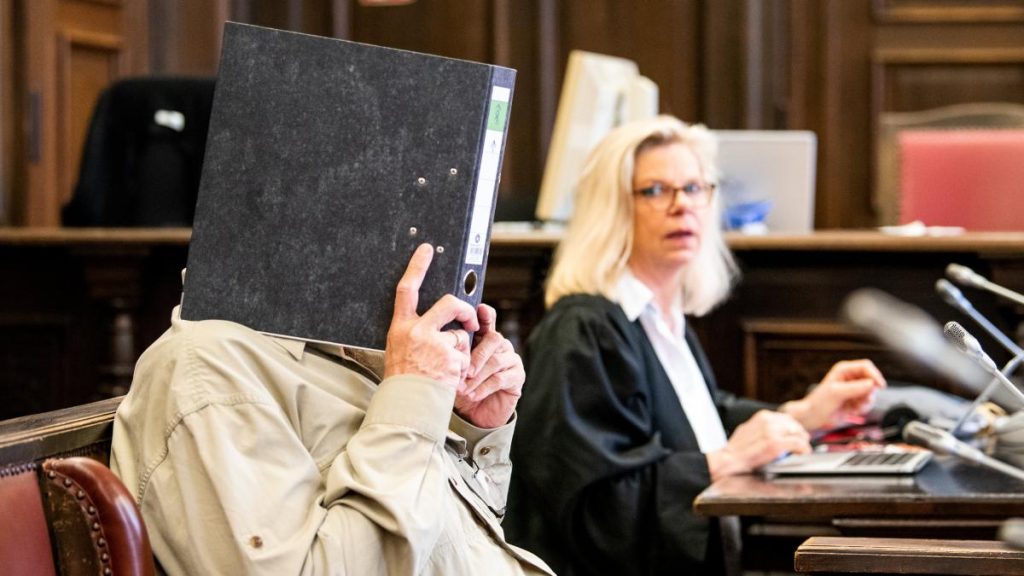At the start of a trial regarding plans for a coup by so-called Reich citizens, the defendant admitted to the charges before the Hanseatic Higher Regional Court. The defense attorney read a statement on Monday stating that the 66-year-old defendant acknowledged the accuracy of the accusations, but did not agree with the assessment of the group by the Hamburg public prosecutor’s office. The accused from Schleswig-Holstein is accused of supporting a terrorist organization and preparing an act of high treason. He is said to have joined the “Kaiserreichsgruppe,” which aimed to establish an authoritarian government system in Germany based on the constitution of the German Empire from 1871.
The defendant allegedly agreed to join others in entering Russian territorial waters near Kaliningrad by ship. Once intercepted by the Russian Navy, they planned to make contact with Russian President Vladimir Putin as a delegation, hoping for his support. Members of the group, also known as the “United Patriots,” have been on trial in Koblenz for over a year. The accused’s admission of guilt sets the stage for a complex legal battle over his involvement in an elaborate plan to overthrow the government and establish a new political system in Germany.
The trial sheds light on the activities of radical right-wing groups operating in Germany, known for their extremist ideologies and anti-government sentiments. The accused’s willingness to engage in illegal activities to achieve their objectives raises concerns about the presence of such groups in society. It also highlights the potential threat they pose to national security and stability. The case reflects a growing trend of radicalization and extremism among certain factions within society, prompting authorities to take decisive action to address the issue and protect the rule of law.
The defendant’s involvement in the alleged plot to establish an authoritarian government system based on historical principles raises questions about the motives and intentions of extremist groups in Germany. Their desire to overthrow the current government and replace it with a regime reminiscent of the past raises concerns about the potential erosion of democratic values and freedoms. The trial serves as a reminder of the importance of upholding democratic principles and defending against extremist ideologies that seek to undermine the rule of law.
The trial’s focus on the defendant’s role in a terrorist organization and his preparation for high treason underscores the seriousness of the charges and the need for a thorough investigation into the activities of radical groups. The legal proceedings will require a careful examination of the evidence and testimony to determine the defendant’s level of involvement and culpability in the alleged crimes. The trial is expected to serve as a test case for addressing the growing threat of radical extremism and terrorism in Germany, highlighting the need for robust counterterrorism measures and preventive strategies to safeguard national security.
The defendant’s admission of guilt and the details of the alleged coup plot by the “Kaiserreichsgruppe” illuminates the extent to which radical right-wing groups are willing to go to achieve their objectives. The trial serves as a warning sign of the dangers posed by extremist ideologies and the importance of vigilance in combating radicalization and terrorism. The legal proceedings will be closely watched by authorities, the public, and experts in counterterrorism as a crucial test of Germany’s ability to address the growing threat of extremism and safeguard democratic values and the rule of law.


